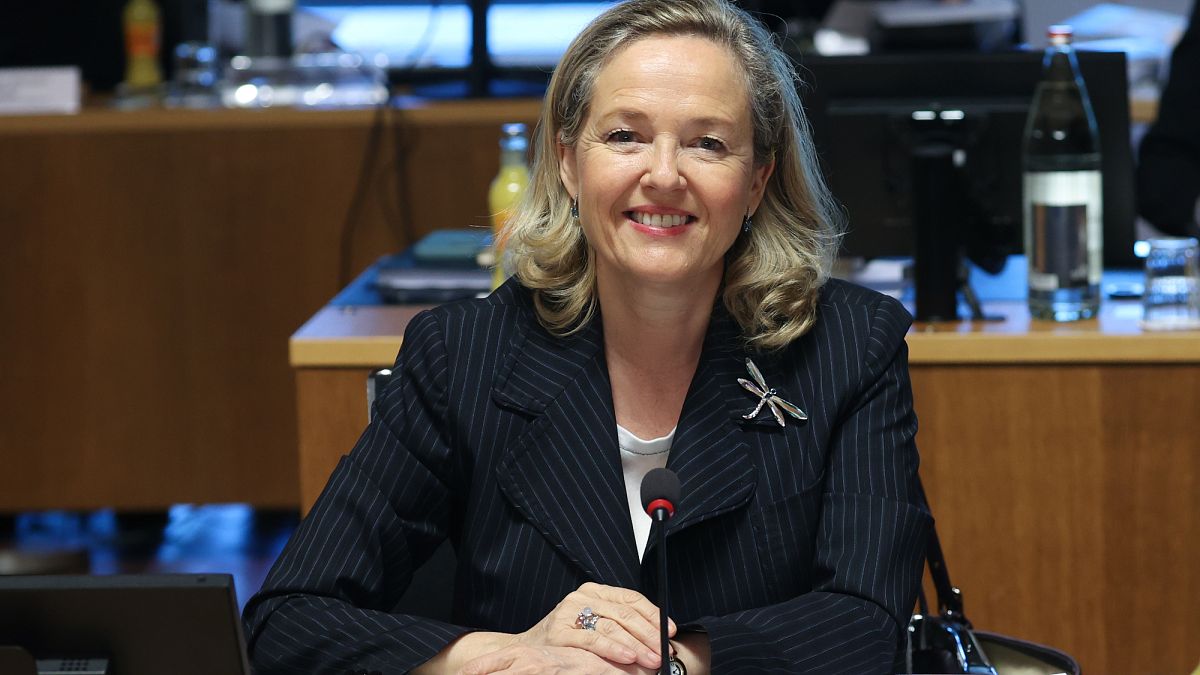Published on
The European Investment Bank (EIB) is strengthening its role as the European Union’s financial arm, with its financing ceiling for this year reaching €100 billion, a new record.
Against a backdrop of geopolitical tensions, the Bank is confirming its commitment to defence and security by tripling its lending. The EIB plans to devote 3.5% of total financing to the military sector. The institution mentions 32 flagship projects in the pipeline.
These announcements validate the extension in recent months of the EIB’s security mandate, which marks a paradigm shift in the institution’s mission.
This support will be available to all EU companies: public and private, large and small.
“We finance the public sector when it comes to infrastructure for large military barracks. Just this week we got the go-ahead to finance a very important piece of infrastructure in Lithuania, a military barracks that will house a brigade of the Bundeswehr (German army) very close to the Belarusian border,” said EIB President Nadia Calviño.
“We are also financing large private companies for research and development programmes in the fields of innovation and industrial capacity,” she added.
She also says that she is working with the European Commission to identify other key infrastructures for military mobility.
The climate priority
The EIB’s commitment to defence does not, however, mean a complete turnaround. Climate change and clean energy remain priorities. The EIB deems climate action to go hand in hand with European security.
The Bank is therefore launching a new programme of investment in technology and innovation: TechEU. The scheme will provide €70 billion of equity, quasi-equity, loans and guarantees from the EIB Group between 2025 and 2027. It will also call on private capital to generate at least €250 billion of investment. The first wave of TechEU projects will be devoted to clean industries.
“This concerns the products needed to build energy networks. It’s about guarantees for clean technology innovators. We also need to support the wind power industry and the deployment of power purchase agreements, which are essential to stabilise energy prices for Europe’s major industries,” said Calviño.
The EIB President stressed that the green transition and technology also contribute to the EU’s strategic autonomy.
Read the full article here


